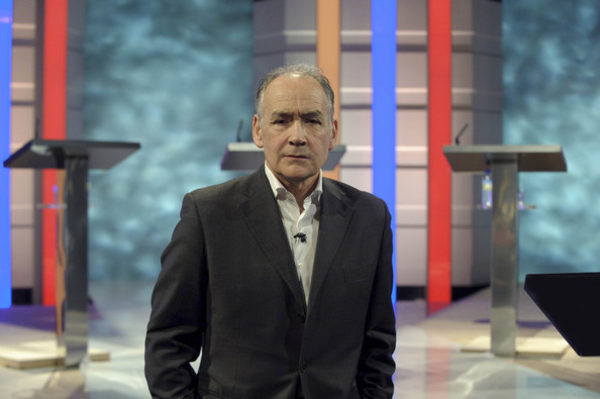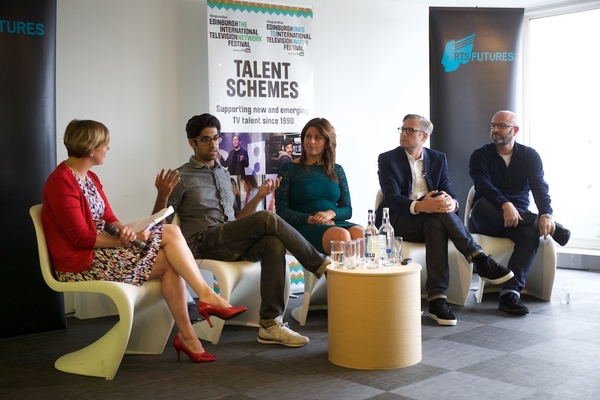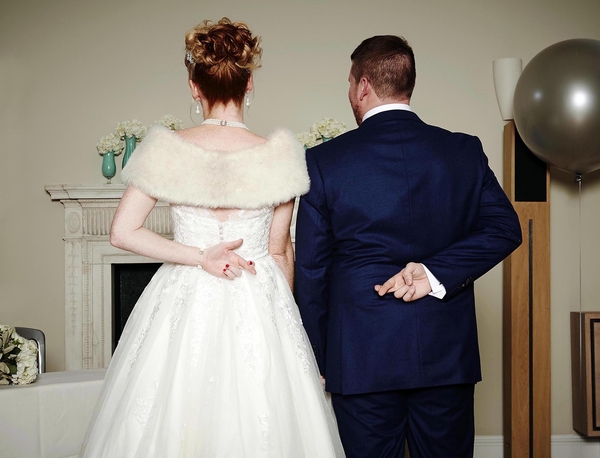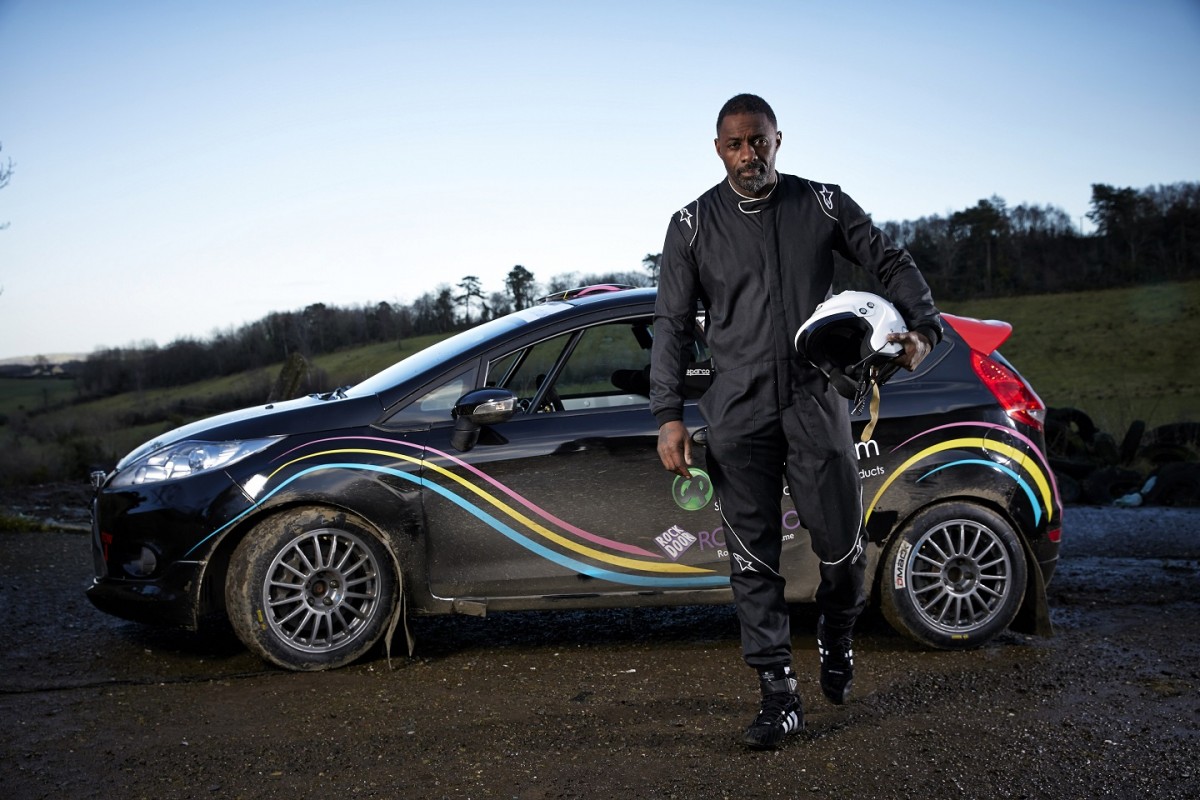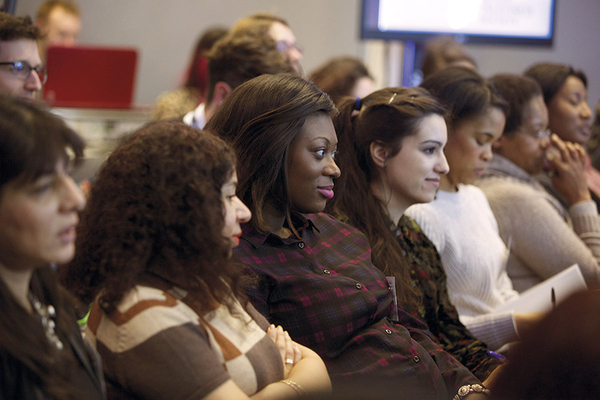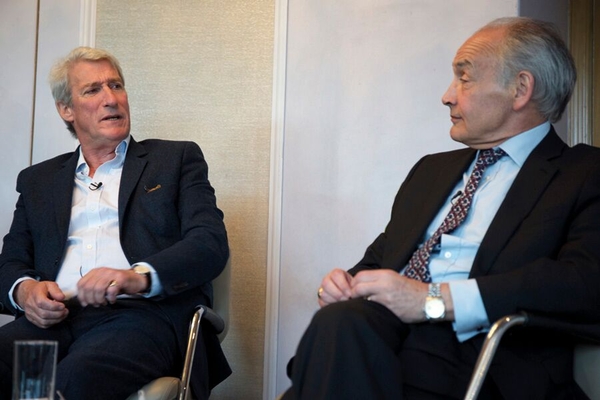Channel 4 commissions a second series of Married at First Sight
The show, which tests partner compatibility by DNA and personality tests, sees couples married to each other the very first time they meet on screen.
The final episode aired on Thursday 23 July and the show drew in an audience of 2.5 million , attracting a large share of 16-34 year old viewers.
Over 1,500 people applied to take part. But while some found love at the altar, others failed to ignite a spark and split up.
The series, produced by CPL, is based on a format originally created by Danish indie Snowman Production.


